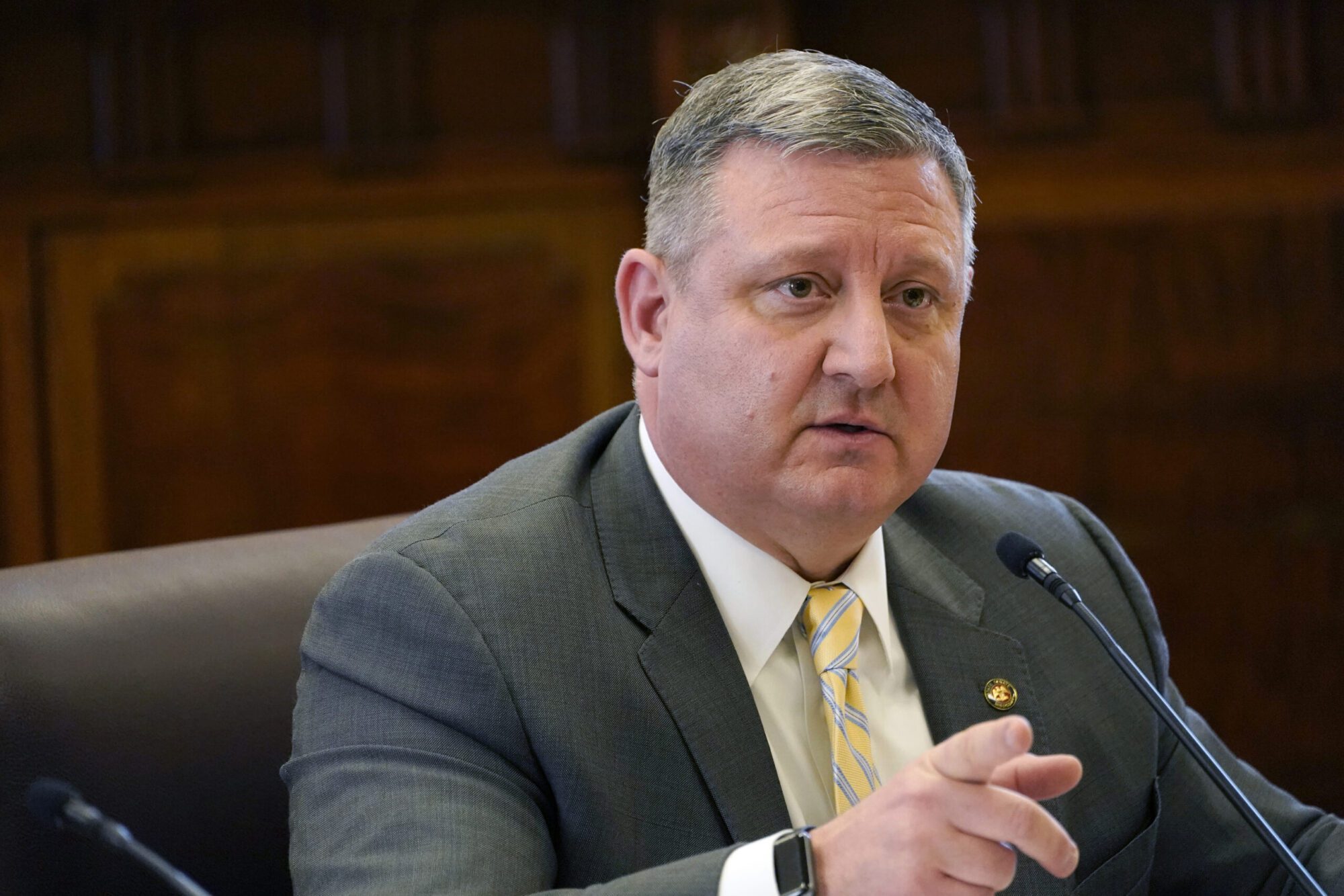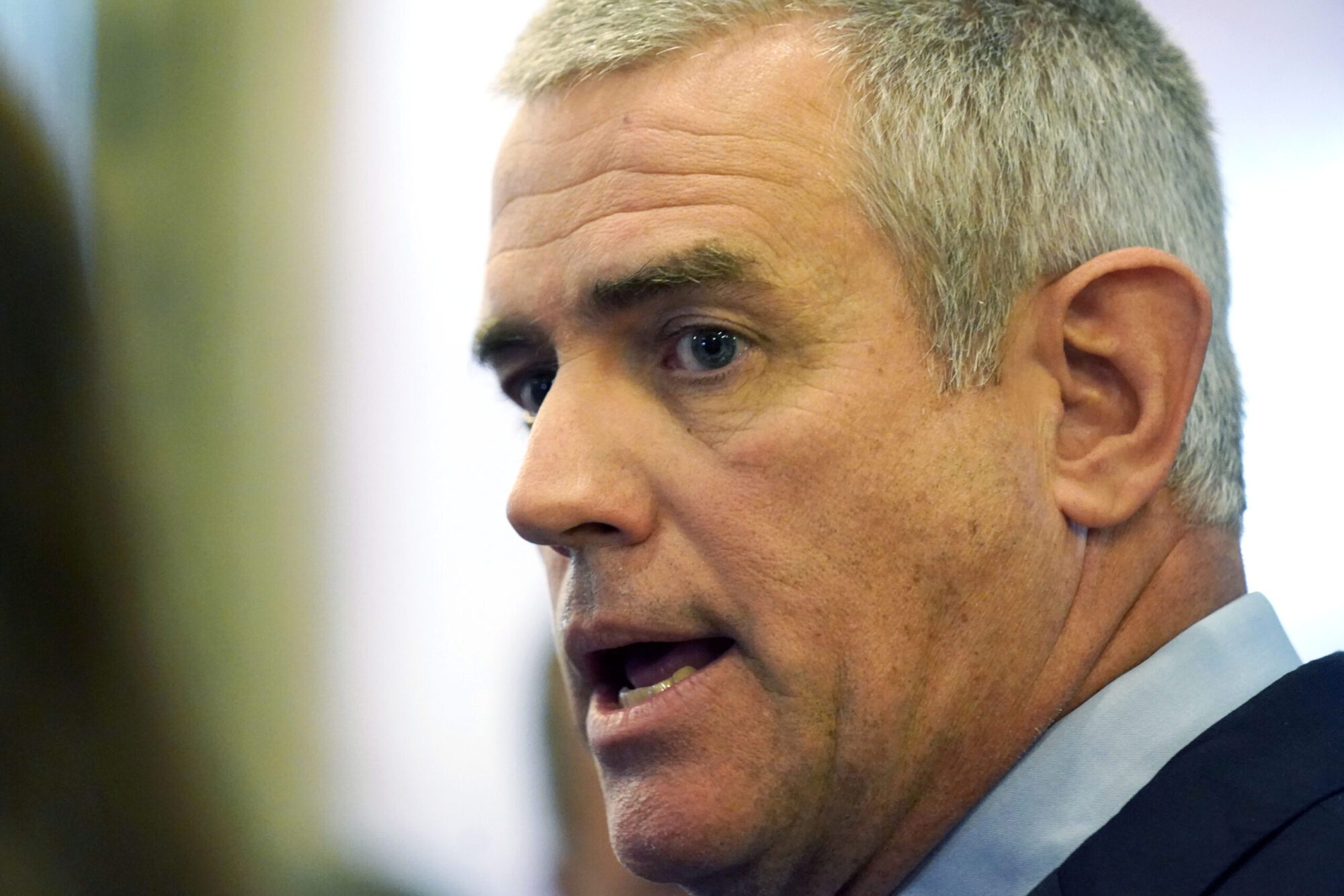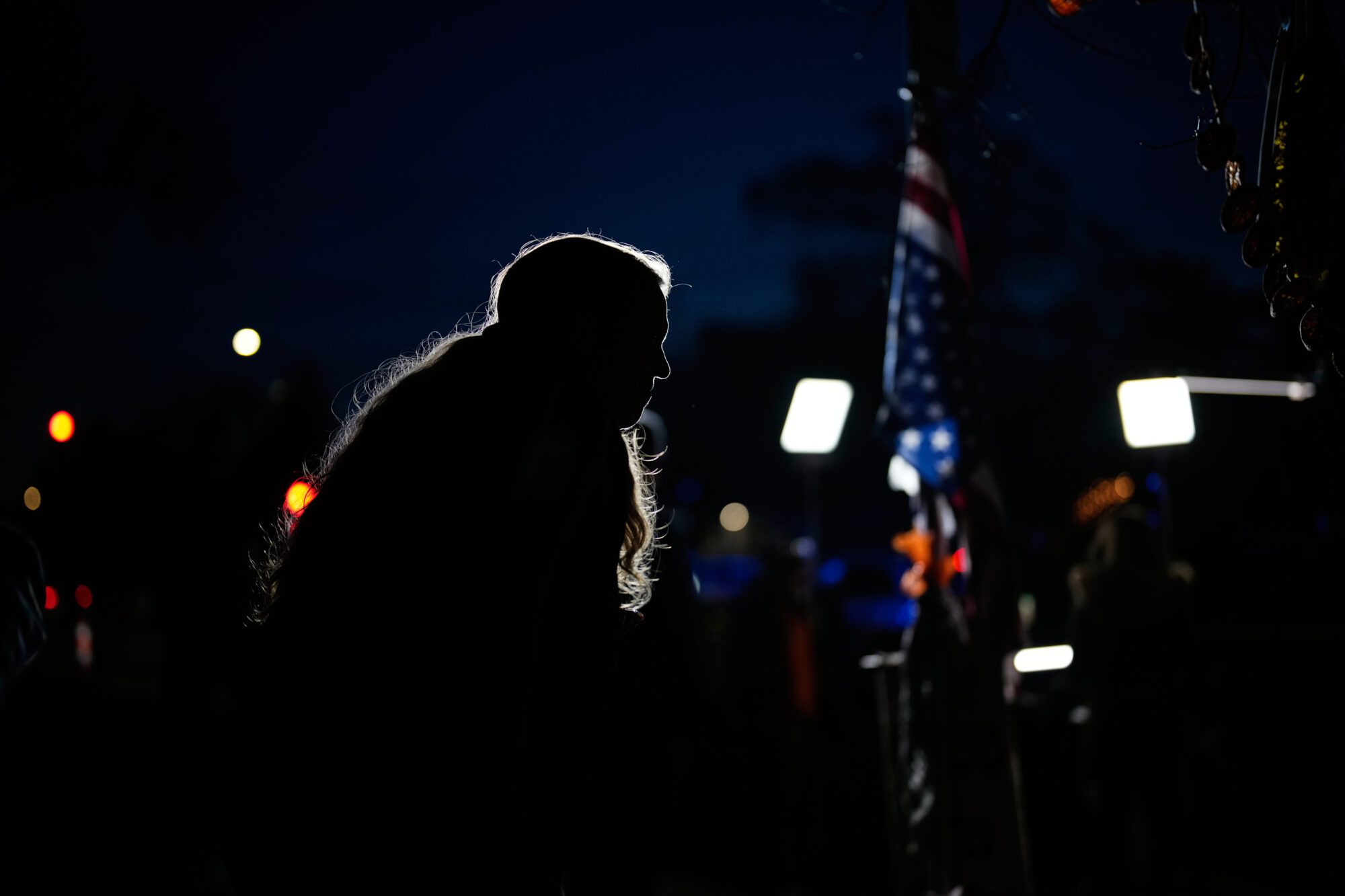
(Photo James Jones Jr. | Shutterstock)
- Philip Gunn says it is time Congress step in to protect Mississippi’s economy and ensure America’s supply of domestic energy is not disrupted in the future.
As Mississippians, we’ve weathered many storms – both literal and figurative. But few might suspect that legal storms brewing hundreds of miles away could potentially cast a long shadow over our state’s economic future.
A decision issued by a federal court in Maryland in August threatened to set in motion a chain of events that could have jeopardized not just Mississippi’s energy sector and economy, but that of America as well. Fortunately, a recent reprieve in the case has averted that catastrophe – at least for now. But the fact that one unelected judge in a federal courtroom hundreds of miles away can potentially make such an impact upon Mississippi’s energy security and economic stability raises broader concerns.
The ruling, which would have voided the 2020 biological opinion (BiOp) issued by the National Marine Fisheries Service (NMFS) and left little time to replace it, may seem like distant legal jargon to many Mississippians. However, its implications would have hit close to home.
This BiOp serves as the foundation for oil and gas operations in the Gulf of Mexico. Without it, not only could government approvals for new energy projects have been delayed, but the viability of existing operations could have also been threatened. Faced with the threat of additional legal jeopardy if they continued work without new authorization, many energy companies would have likely shut down their activities while waiting for a new BiOp rather than continue to operate at their own risk, bringing oil and gas development in the Gulf to a standstill.
Since the Gulf produces nearly 2 million barrels of oil per day – about 15% of U.S. all output – this scenario would have disrupted energy supplies and sent shockwaves through Mississippi and all across the country. The impact would have immediately been felt in our local communities, where the oil and gas industry directly supports over 30,000 jobs and adds $7.9 billion in value to the Magnolia State’s economy annually. Nationwide it would have led to higher costs for businesses and consumers and significantly undermined America’s energy security by forcing us to rely on adversarial suppliers such OPEC, Russia, and or other Middle Eastern countries for our energy needs.
The irony of this situation should not be lost on those who understand the delicate balance between environmental stewardship and energy production. This lawsuit was brought by environmentalists who hoped that stopping oil and gas production in the Gulf would have reduced emissions that they believe are causing climate change. But in reality, it could have required that America consume more fuel from countries that produce their energy using more carbon-intensive methods while simultaneously negatively impacting the development of zero-emission renewable energy projects in the Gulf. This paradox underscores the need for a more nuanced approach.
Per the initial court ruling, regulators only had until December 20th to issue a new BiOp. But the National Marine Fisheries Service was cautioning that they would have likely missed this deadline and that a new version might not be ready until “late winter or early spring 2025.” This would have left America without one of its major supplies of energy for months on end. Thankfully, cooler legal heads ultimately prevailed and in late October the judge extended the window of time for the government to complete the new BiOp until May of next year.
This is a positive conclusion, and one that the Judge should be applauded for reaching once reality and the gravity of the situation set in. But things should not have been allowed to come to this point to begin with. As such, it may be time for Congress to step in reevaluate America’s current legal framework to safeguard against similar scenarios in the future.
The fact that the United States was almost brought to such a precarious position by the legal maneuvering of a handful of environmentalists should give Americans of all stripes pause. The actions of a few agenda-driven green activists cannot have such outsized impacts on national energy policy and economic security.
While environmental protection is important, it must be balanced with economic realities and national security concerns. The court venue shopping and legal harassment of the oil and gas industry by these groups have real-world consequences that must be addressed. It is time for Congress to step in to protect Mississippi’s economy and to ensure that America’s supply of domestic energy is not disrupted in the future.








